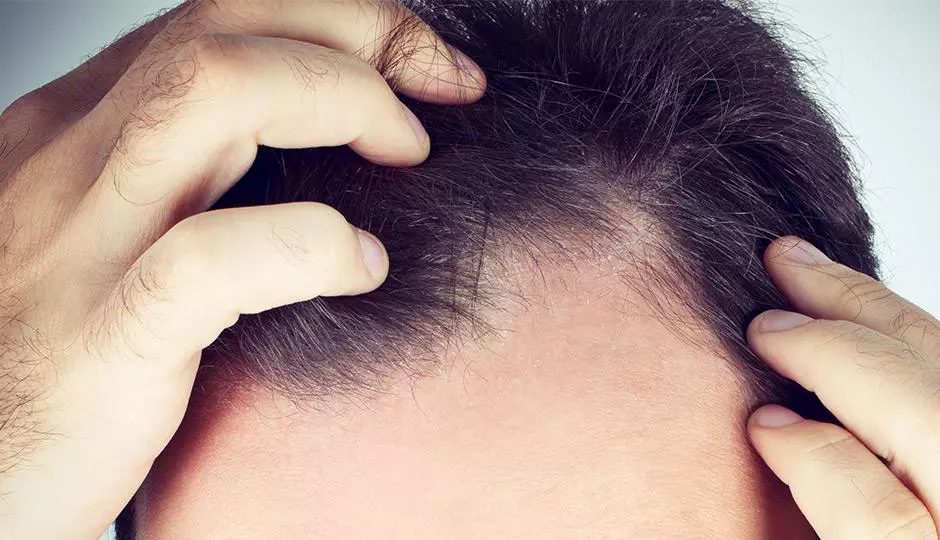You’ve probably heard jokes about stress and hair before: How a particularly trying situation can make a person go gray, or how too much anxiety leads to hair loss. But is there actually any truth to these jokes—or is it all a common misconception?
When it comes to going gray, the science is still unsettled. While a stressful situation may make you want to rip your hair out, there is little evidence to suggest that stress actually accelerates the aging process or causes premature graying.
Stress and Hair Loss
As for the link between stress and hair loss, however, things are considerably more complex.
For starters, there are different types of stress to consider. All of us face short-term, stressful moments throughout our day—a rush of anxiety when you realize you are going to be late for a meeting at work, or a sudden rise in tension when your kids are yelling at each other. This kind of brief, short-lived stress won’t cause you to lose your hair. Long-term stress, though—big issues that keep you up at night and eat away at you over the course of days, even weeks—is something that can be connected to hair loss.
Three Types of Stress-Related Hair Loss
Moreover, hair loss due to stress can be broken down into several categories; three of the most common include:
- Telogen effluvium occurs when a heavy, prolonged experience with stress begins pushing your hair follicles into a resting phase. Hair loss will not happen instantaneously, but a few months later all the hair from those resting follicles may begin to fall out rather suddenly, especially as you comb your hair or wash it in the shower.
- Trichotillomania is a nervous condition in which you have an uncontrollable urge to twist and rip hair from your head, as well as eyebrows and other places on your body. That this is deeply damaging to your hair, and causes extreme hair loss, goes without saying; the condition itself is a response to stress, a way to cope with situations that may seem beyond your control.
- Alopecia areata is a condition in which the body’s immune system turns on hair follicles, attacking them and causing them to cease hair production. There are a number of causes for this condition, and it’s not always stress-related, but many clinicians and researchers agree that stress can trigger it, or exacerbate an existing condition.
Coping with Stress, Protecting Your Hair
Clearly, finding a healthy way to cope with stress is essential for preserving your hair—though it is important to note that workplace, financial, and relational stresses are only part of the problem. Hair loss can also be caused by physical stress, such as strict low-calorie eating; low estrogen levels; chronic illness; high fevers; infections; or recovery from a major surgery.
Addressing stressors can help you keep your hair, but doing so is difficult, as there tends to be a lag time between the stressful season and the actual hair loss—sometimes a lag time of half a year. As such, pinpointing the exact cause of your stress can be challenging.
The good news is that hair restoration and hair recovery are possible; for the person who has lost hair due to stressful situations, there are many solutions to note. The first step is to visit us at our salon to evaluate the loss and determine the solution that’s best for you.



